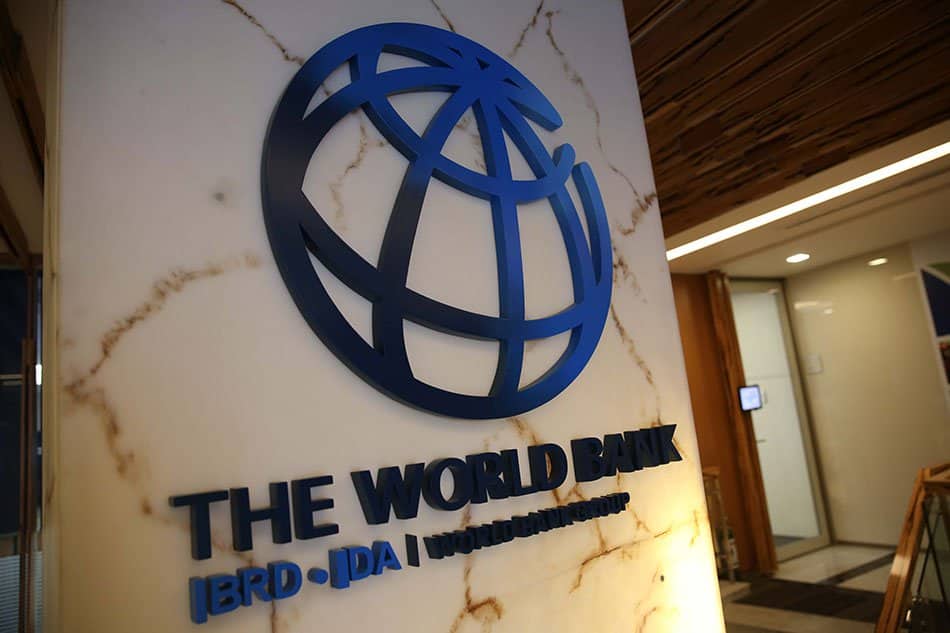World Bank Report Reveals New Social Assistance Assessment Aims to Help Strengthen Policies and Programs for the Poor in SA

A new report released by The World Bank in collaboration with the South African Government assessing the country’s social assistance has found that system of programs is effective, well-targeted, and provides sizeable benefits to the poorest households.
“The Social Assistance Programs and Systems Review: South Africa report underscores the critical role of the grant and social assistance system in mitigating poverty” also provides policy considerations that could help move South Africa’s system of social transfers towards sustainable and productive investments in its people.
The report finds that the social assistance system effectively reduces poverty and inequality rates and cash transfer programs are having positive and important impacts on a wide variety of outcomes, including nutrition and food security, educational attainment, health, labour supply, and livelihoods.
However, some of the system’s shortcomings identified in the report include limited support to working-age adults and informal workers in particular; weak integration across programs and government agencies; and the system’s limited ability to address household needs comprehensively.
The Social Development Department says more than half of South Africa’s population is trapped in a vicious circle of poverty and unemployment that is chronic, structural and widespread, and will not be solved by macroeconomic growth in the near future. ”
“The effects of COVID-19 must be mitigated immediately since they have the potential to severely exacerbate the existing economic and social problems in these times of global economic downturn”.
The World Banks Marie-Francoise Marie-Nelly says South Africa’s strong and effective social protection programs have helped protect vulnerable people and ensured that they can meet their basic needs, especially during the pandemic when limited fiscal resources are under pressure.
“It is our hope that this research will enhance policies to ensure that the important investments the government is already making will help to break the cycle of poverty for the next generation, keep children healthy and in school, and help households transition from social grants to more sustainable income generating opportunities.”
Accounting for 3.3% of GDP and 15.4% of total government spending, the cost of South Africa’s social assistance system is relatively high compared to the average of other upper middle-income countries (UMICs).
However, given the high unemployment rates and limited access to unemployment insurance for workers not in formal employment, the system has been an important government intervention and a critical policy response in the post-apartheid era.







